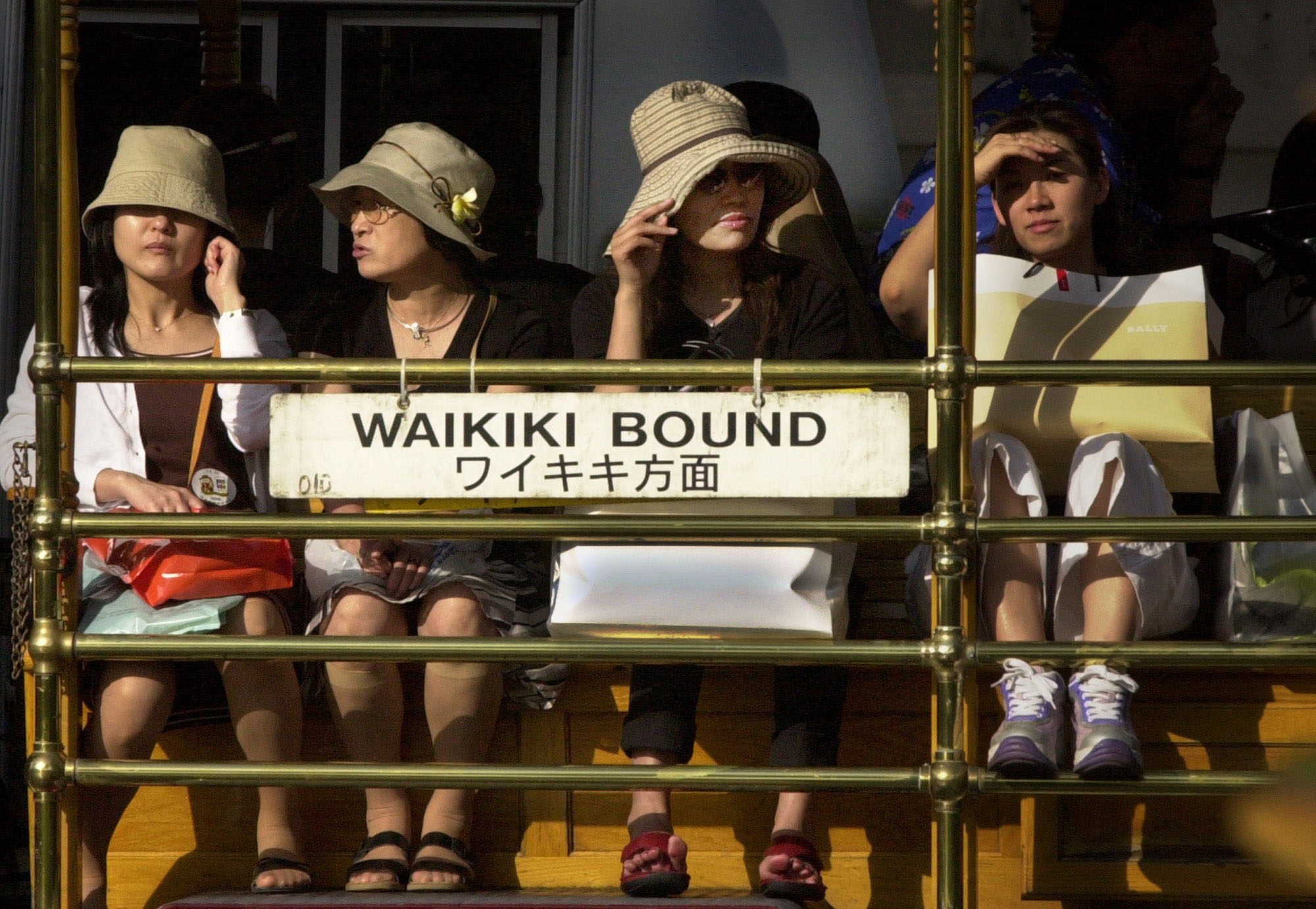In 2006, then-U.S. Sen. Barack Obama gave a speech about people's "empathy deficit." He described empathy as "the ability to put ourselves in someone else's shoes, to see the world through the eyes of those who are different from us — the child who's hungry, the steelworker who's been laid off, the family who lost the entire life they built together when the storm came to town."
"When you think like this," he continued, "when you choose to broaden your ambit of concern and empathize with the plight of others, whether they are close friends or distant strangers — it becomes harder not to act, harder not to help."
I agree. Enormous social problems arise when people don't understand (or rather, don't try to understand) what's going on in other people's minds. I was mindful of that during my Ph.D. fieldwork, when I interviewed dozens of "Japanese only" businesses. I always asked for (and got, often in great detail) the reasoning behind their exclusionism. I never agreed with their stopgap solutions (shutting out people they thought were "foreign" because they didn't look "Japanese" enough), but I gained some sympathy for what they were going through.



